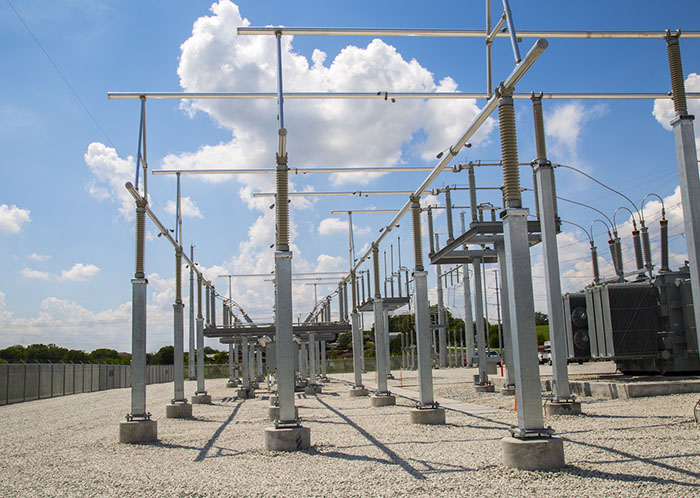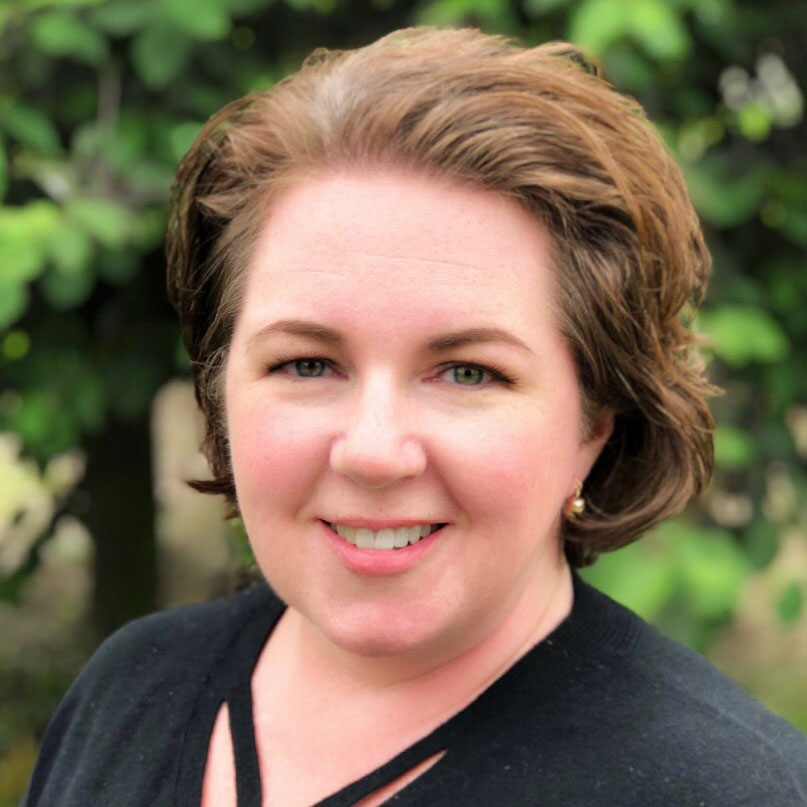Energy management system connects substations to electrical grid

The electrical grid is a complicated, living thing. And millions of people depend on it every day.
OPPD is responsible for a small piece of that huge puzzle, but a piece is important to the utility’s 380,000 customers. Managing this part of the grid is complex but simple at the same time. OPPD uses an energy management system that utilizes a constant stream of data to monitor the system. Along the way, several teams communicate and decipher the data to ensure the power is flowing reliably and safely to customers.
System intelligence
Electrical systems are intelligent enough to know when there is a problem.
Personnel in Substation Protection and Automation troubleshoot when issues arise and react. Smart devices in the substations can detect a fault on the line and interrupt power until these employees can troubleshoot a cause and find a solution. Increasingly, this work is done remotely.
Many times, personnel can log in to a substation’s equipment and diagnose the problem. In some cases, the problem can be quickly fixed remotely rather than spending time driving to the physical location.
Before the hardware that monitors and runs the substations is installed, it is first tested and programmed at OPPD’s Elkhorn Service Center. Engineers form the philosophy and create the designs for the equipment. Technicians program and test the equipment to ensure it will perform as expected. Once the relay specifics are approved and meet regulatory compliance, the data goes directly to OPPD’s Operations area, which monitors the system for outages and reliability.
Lightning speed
And it all happens at break neck speed.
“All of the data transmits within seconds,” said Rick Stave, Principal Engineer for Automation Engineering. “And, as technology has advanced, we need fewer modules and connections to transmit the same amount of data.”
Underneath it all is a robust communications network that allows all sides to talk to each other.
Customers are rarely aware of all the substation work that goes on behind the scenes. OPPD is constantly adding new substations and upgrading existing facilities to meet new demands. In addition to the data and complex configurations, utility employees travel to the physical substation for scheduled maintenance, to add new components, or make repairs.
But it all boils down to these teams –engineering, technicians and operations. They ensure the substations “speak” to each other correctly.

Laura King-Homan is the manager of Corporate Brand and Communication Operations, at Omaha Public Power District. She has nearly 20 years of print journalism and design experience, including the Omaha World-Herald.
View all posts by Laura King-Homan >







